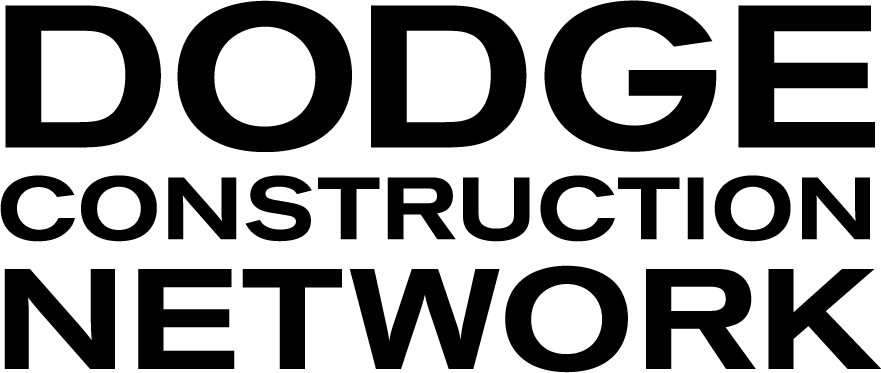Coronavirus: Lockdowns slow Bay Area home construction, future projects
The coronavirus pandemic has created confusion, delays and uncertainty in housing projects around the Bay Area, despite a crushing need for new homes from an industry deemed essential to work through the regional lock-down.
Shutdowns in local government offices have distanced city planners and inspectors from developers, making the already sometimes Byzantine development process more complicated. Staff in Bay Area cities are shifting as many development functions as possible online. Residential builders and small contractors are struggling to understand and adapt to the variety of new work policies and limits forced on local governments by the coronavirus.
The region’s housing crisis, already hampered by high land costs, a lengthy local process and environmental regulations, is getting a roundhouse from the pandemic.
“Things will be slower,” said Bob Glover, executive officer of the Building Industry Association of the Bay Area. But industry insiders say no one yet knows how long the delays will last.
But the slowdown will ripple — or crash — through the industry with unknown damages to affordable and market-rate housing projects, smaller contractors and construction workers.
A survey by the National Association of Home Builders released last week before shelter-in-place restrictions spread across the country found developer confidence remained solid with strong consumer demand for new homes, although industry executives expect the pandemic to slow sales during the next six months.
Much of the work needed to finish and fill a home or condo — from final inspections to recording of title — depends on government services. Bay Area cities have shuttered planning and inspection services, telling developers and contractors to call or email.
Rosalynn Hughey, director of the San Jose department of planning, building and code enforcement, said the office has switched to its emergency plans to keep projects going. Most planning functions are being done online or through email, videoconferencing and by phone.
Inspectors with appropriate protection and social distancing will be allowed to perform site visits on housing projects, she said. The city is setting up video inspections for small home renovations, like kitchen remodels, and plans to grant final sign-offs remotely.
“Without a doubt, there are going to be delays,” Hughey said, but how long “we’re not really sure.”
Stanford University has temporarily shut down construction projects. Mountain View has ceased taking new and resubmitted planning applications. Inspections for private developments have been limited to health care facilities and affordable housing projects, according to the city.
In Redwood City, commercial development has been halted but work on all types of housing and crucial infrastructure continues. City inspectors and site workers are being asked to follow precautions recommended by the public health officials. The city is also considering remote video inspections.
In Oakland, planning services are being offered by phone, online or, in some cases, by appointment. Walnut Creek and Concord offer similar limited, remote services, according to city websites.
Developers and contractors are scrambling to figure out the new rules and levels of service. The local chapter of the Building Industry Association expects to send surveys to 100 cities in the region seeking clarity.
“Everyone might not be providing the same level of service during this three-week period,” Glover said. Some homeowners are in limbo, waiting to move into their new homes while expecting to leave their old ones. “How do you accomplish those key things to get people into new units?”
SummerHill Homes CEO Robert Freed said the company is managing a variety of challenges — keeping employees safe, adjusting project deadlines and meeting client needs.
SummerHill has housing projects in various stages of development across the region, including Moraga, Santa Clara, Fremont, Foster City and Mountain View. Progress has varied from city to city, depending on the availability of inspectors and other city staff.
“Where possible, we are continuing to build,” said Freed, who has spent three decades in the industry. Sales work, including client conferences and virtual tours, are being done remotely.
The consequences for affordable housing — typically dependent on a complex collection of funding sources, and layers of government oversight and deadlines — are more daunting.
California Housing Partnership CEO Matt Schwartz said the delays could seriously impact project deadlines and financing. As the economy weakens, investors become more cautious. If bankers pull back from new investments in affordable housing, he said, bold projects to address the state’s housing needs could be knocked back on their heels.
“Right now, the dominant factor in the market seems to be fear,” Schwartz said. “That could be devastating for housing production generally.”
Developers of affordable housing say tax incentives and financing are tied to strict construction deadlines. Missing target dates could endanger projects.
“We need our contractors to work and we need our local and state inspectors to inspect that work in order to meet those deadlines,” Eden Housing president Linda Mandolini said in an email. “We are also working on extending the deadlines which require both federal and state action. There are significant financial consequences for missing them.”
Smaller contractors are also wrestling with shelter-in-place guidelines. Despite pent-up demand for new housing and home improvements, an extended shutdown could stifle projects and lead to industry layoffs.
Randy Zechman, CEO of solar installer CleanSolar in San Jose, said most in the industry considered the shelter-in-place restrictions to ban smaller commercial and residential projects. Even if contractors are considered essential, he said, “how many customers are really going to be calling to get solar?”
Zechman does not plan layoffs from his 50-employee company right now and expects the slowdowns will be hardest on his installers and electricians. Generally, he said, “the majority of workers in the construction space are paycheck to paycheck.”
The company can hold out for a few months, he said. Beyond that, he said, “I don’t know the answer.”
Staff writer Aldo Toledo contributed to this report.
